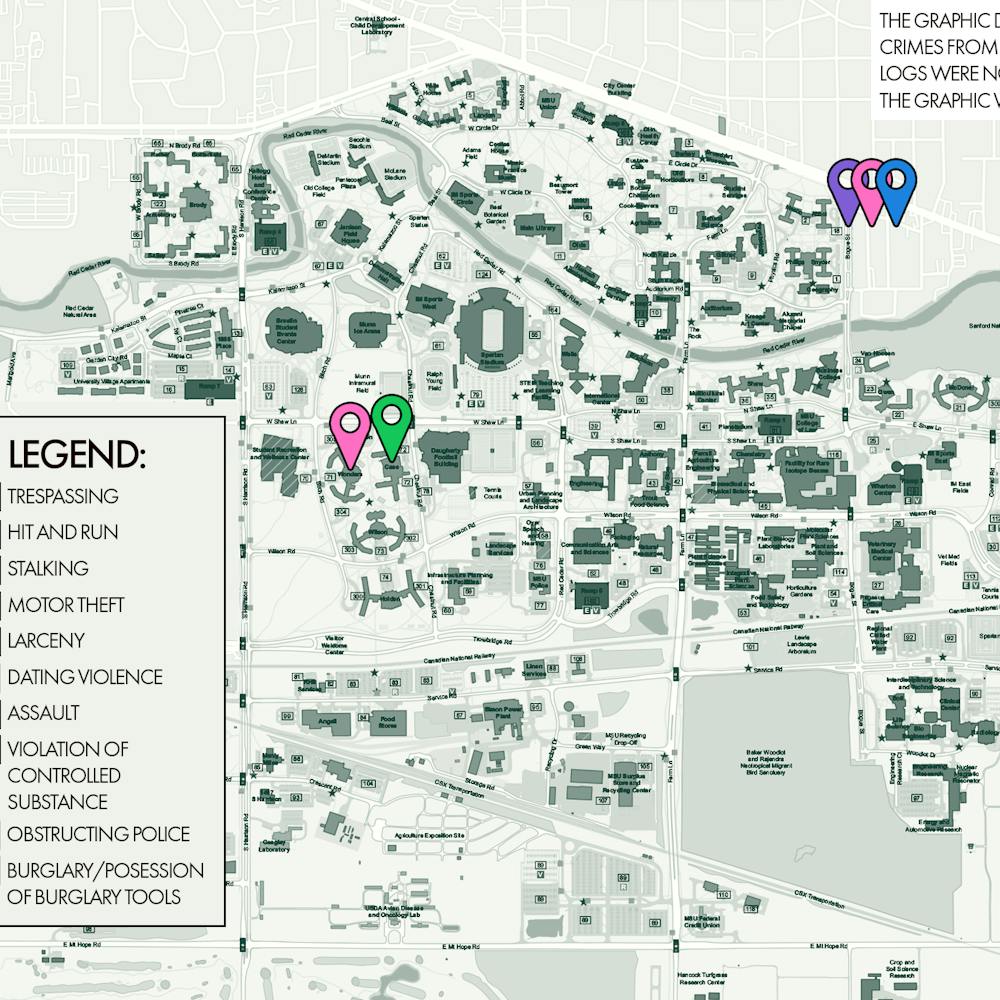As walls are stripped of their bunting and wire-framed signs pulled from the grass in yards of American voters, the country can reflect on Election Day.
Regardless of whether Texas Gov. George W. Bush or Vice President Al Gore claim more than 270 electoral votes in what could be the country’s closest presidential race ever, the next president will be challenged with the 107th U.S. Congress, which is split nearly equally between Democrats and Republicans in both the U.S. House and Senate.
By putting two more party members in the House and three in the Senate, Democrats could be considered the winners in the 2000 election. Democrats are very close to closing the GOP gap and taking control of Congress.
The battleground state of Michigan played an important role in shaping Congress by electing challengers in key seats during an election year that favored incumbents. Voters elected Democrat U.S. Rep. Debbie Stabenow to the U.S. Senate. Stabenow defeated one-term Republican Sen. Spence Abraham. The GOP picked up representation in the U.S. House with voters electing Republican state Sen. Mike Rogers over Democratic state Sen. Dianne Byrum in Michigan’s 8th Congressional District race.
Unfortunately, American citizens will be the losers in such a divided government unless Congress can obtain bipartisanship. The country is obviously split in political philosophy and this broken voting has trickled into the political makeup of the country’s legislative body.
By possibly creating a Senate with 50 Democrats and 50 Republicans and a House with the majority party holding a small nine-seat majority, the country and next president will be subject to a greater chance of political gridlock if partisanship reigns.
Bipartisan legislation and compromise will be the only means by which the government will effectively pass measures. Both parties have different approaches when handling important issues such as Social Security, tax cuts, the federal surplus and prescription drug costs - all of which need immediate attention.
The next Congress will feel overwhelming pressure from Americans to reform such issues. Also, the country will look to the legislative branch as the most dominant part of government because of a shadow of doubt and lack of legitimacy cast over the presidency.
Americans need a political system in which lawmakers are able to push necessary measures through at a reasonable pace, but not an overly slow one. Although gridlock forces dialogue between parties, it must not interfere with giving citizens needed programs and services.
As the last yard sign is tossed into the trash, the owner will remember the 2000 election for the turmoil surrounding the presidential election, not for its congressional harvest. However, whether Bush or Gore is elected to the White House, the next president’s term will be remembered for his ability to work with a split Congress - a task which may prove to be as difficult as it was to become elected the country’s 43rd president.






